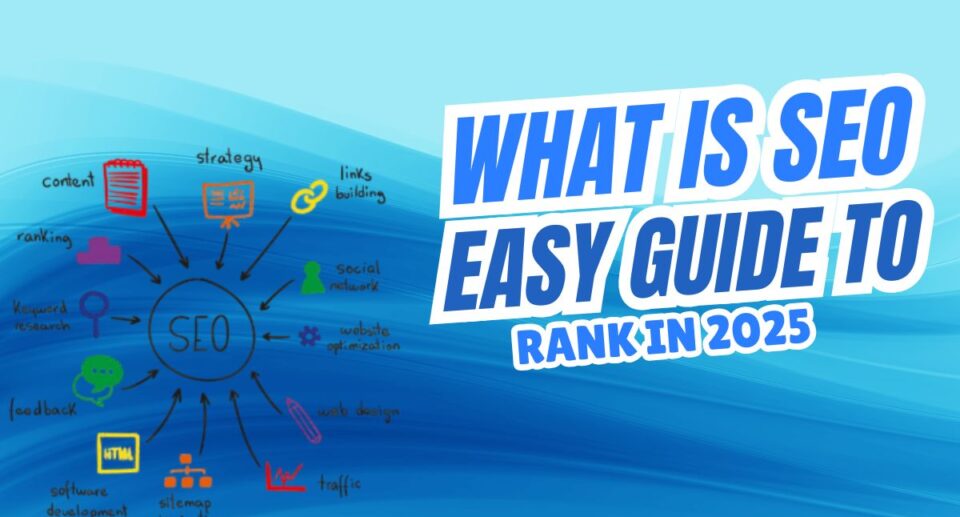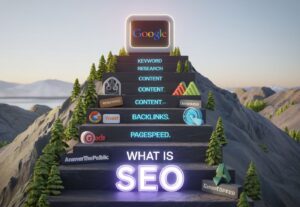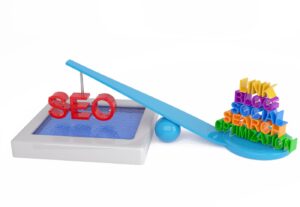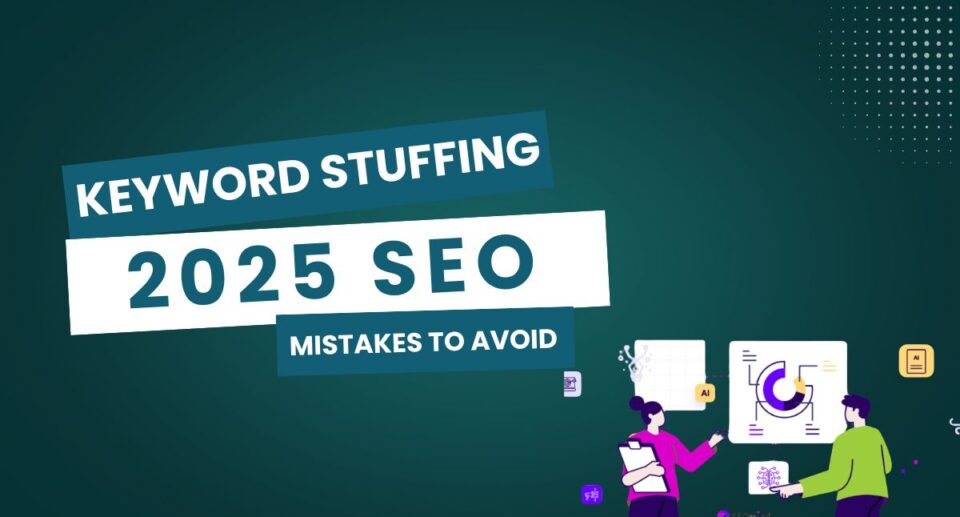What Is SEO: Easy Guide to Rank in 2025

Introduction
Have you ever wondered why certain websites rank higher on Google than others, while some are lower on page 10?
For a novice, student, blogger, or business owner, the term “What Is SEO” often sounds complex, perplexing, or even frightening. The good news is that SEO is not difficult. Actually, there is a methodical approach that makes you visible when people conduct online searches.
We’ll explain SEO in this blog post, along with why it will be important in 2025 and beyond and how search engines like Google operate in the background.
Whether your goal is to increase your ranking, get free traffic, or simply learn how the web functions, this beginner’s guide will make SEO seem easy, approachable, and effective.

What is SEO (Search Engine Optimization)?
SEO stands for Search Engine Optimization. In simple terms, it’s the process of optimizing your website or content so that it shows up on Google (or Bing) when people search for something related.
If you write a blog titled “Best Budget DSLR for Beginners”, SEO helps you appear in front of people actively typing that into Google.
Real-Life Analogy:
Think of Google like a giant library.
SEO is how you make your “book” (website) easier to find when someone asks the librarian a question what is seo.
When done right, SEO drives free, relevant, and long-term traffic to your site.
Why SEO Matters More Than Ever
In 2025, over 90% of online experiences begin with a search engine (source: BrightEdge). If you’re not showing up, you’re missing out—plain and simple what is seo.
Here’s why SEO is worth your time:
Organic traffic is FREE (unlike ads)
People trust organic results more than sponsored links
SEO builds authority and trust over time
It’s sustainable—unlike paid ads that stop when your budget runs out
And most importantly…
If you’re not on Page 1 of Google, you’re basically invisible.
How Search Engines Like Google Actually Work
Let’s keep it simple. Google and other search engines follow a 3-step process:
1. Crawling
Google sends bots (called crawlers) to explore the internet and discover new or updated pages.
2. Indexing
Once crawled, your content is stored and organized in Google’s database (the index), like putting books on the right shelf in a library.
3. Ranking
When someone searches, Google quickly pulls out the most relevant, useful, and high-quality content from its index—and ranks it.
Bonus Analogy:
Google is like a restaurant reviewer.
Crawling = finding all the restaurants
Indexing = writing detailed notes
Ranking = showing you the top 10 places to eat right now based on your query what is seo
What Are the Main Components of SEO?
Now that you know what is SEO and how search works, let’s look at what SEO includes.
1. Keyword Research
The process of finding what people are searching for, and using those exact words in your content.
Use free keyword tools like:
 2. On-Page SEO
2. On-Page SEO
Making sure each blog post or page is well-structured for both Google and readers.
Include:
H1 (title), H2, H3 tags
SEO-friendly URLs (e.g., /best-dslr-beginners)
Meta titles & descriptions
Keywords in first 100 words
Image ALT tags
3. Technical SEO
Ensures your site is fast, mobile-friendly, and easy for Google to crawl.
Free tools to use:
4. Backlinks
When other websites link to you, it’s like a vote of trust. The more quality backlinks you earn, the higher you rank.
How to get backlinks for free:
Write guest posts
Swap links with niche creators
Create shareable content (lists, guides, visuals)
5. User Experience (UX)
If your site is slow, cluttered, or hard to navigate, people leave—and Google notices.
Focus on:
Mobile-friendliness
Fast loading times
Easy-to-read layout
Clear calls to action
Google’s goal = Give users the best answer with the best experience
How to Start SEO with No Experience
Ready to dive in? Here’s a simple roadmap to start SEO from scratch:
Step-by-Step SEO for Beginners:
Use Google Autosuggest to find keyword ideas
Write content that directly answers search questions
Install RankMath or Yoast SEO plugin on WordPress
Add your site to Google Search Console
Submit your sitemap and request indexing
Share your blog on social media, Quora, Reddit
Track your results in Google Search Console
Keep improving: update older content every 30–60 days
 Real Example
Real Example
Let’s say someone searches:
“Best budget DSLR for beginners”
Google shows:
Blog posts with product comparisons
YouTube videos
E-commerce results (Amazon, B&H, etc.)
The websites that show up high:
Used the exact keyword
Provided honest, in-depth answers
Had good page speed and backlinks
Made the content easy to scan and engaging
FAQs
1. What is SEO and how does it work for beginners?
SEO stands for Search Engine Optimization. It helps websites rank higher in search results. Beginners can start by researching keywords, creating helpful content, and using free SEO tools.
2. How do search engines decide which websites rank first?
Google looks at 200+ ranking factors including relevance, keyword usage, site speed, backlinks, and mobile-friendliness.
3. Do I need to know coding to learn SEO?
Nope! Many tools like WordPress + RankMath let you apply SEO best practices without writing a single line of code.
4. What is SEO better than running Google Ads?
SEO is free and long-lasting, but slower. Ads are fast, but temporary and paid. A good strategy uses both over time.
5. How long does it take to see SEO results?
Depending on competition, niche, and effort—it can take 4 to 6 months for consistent results. But long-tail keywords can rank faster.
Conclusion
Now that you understand what is SEO, how Google works, and what you can do to start ranking—what’s stopping you?
You don’t need fancy tools, coding knowledge, or a big budget. You just need the right mindset, a few free tools, and consistency what is seo.


 2. On-Page SEO
2. On-Page SEO

 Real Example
Real Example



